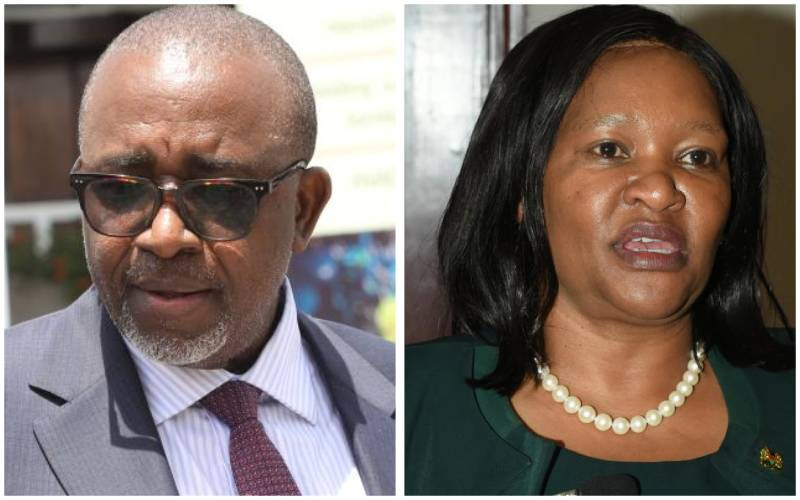×
The Standard e-Paper
Home To Bold Columnists

Farmers have been put between a rock and a hard place following allegations of bogus fertiliser distributed across the country.
And the Azimio la Umoja One Kenya Coalition has demanded the dismissal of two Cabinet Secretaries - Mithika Linturi (Agriculture and Livestock) and Rebecca Miano (Trade and Industrialisation).